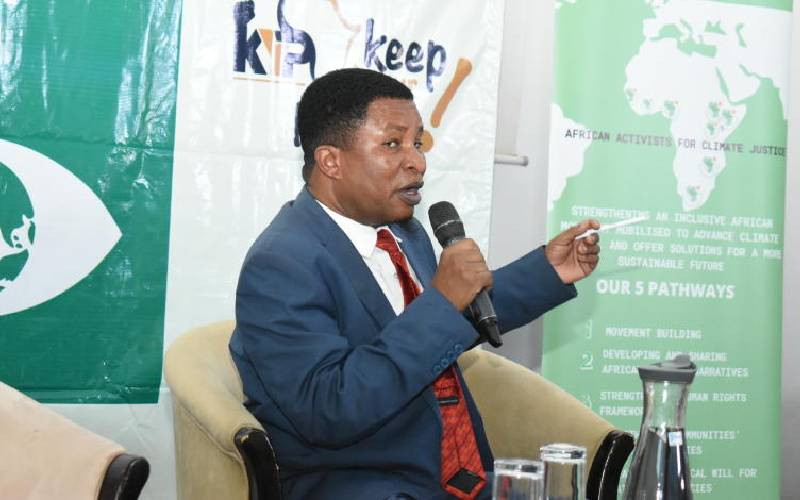×
The Standard e-Paper
Join Thousands Daily

High-income countries at COP28 have been urged to ramp up investments to help Africa adapt its livestock systems to support the fastest-growing population on the planet.
The call was made in an open letter from African leaders, scientists, experts and more than 50 organisations. They emphasized that livestock rearing is a priority for the 800 million herders and smallholder farmers.